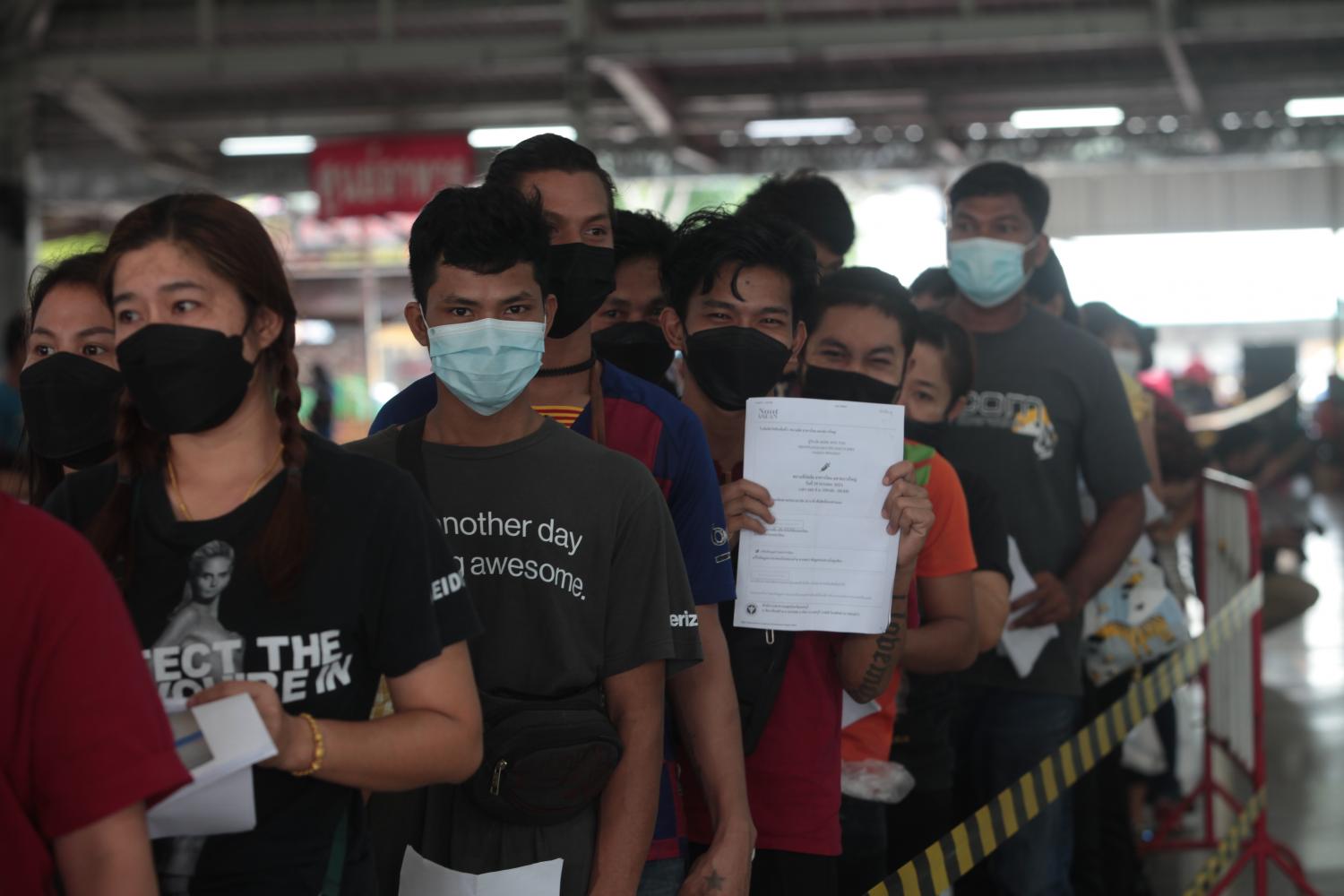
Thailand urgently needs 800,000 migrant workers to serve the manufacturing sector as well as tourism and service businesses that are struggling to deal with a labour shortage, says the Federation of Thai Industries (FTI).
Many companies are registering with the government to import workers from Myanmar, Laos and Cambodia as demand for workers increases as a result of the economic recovery.
"The industrial sector needs the most migrant workers, with demand now soaring to 500,000," said Kriengkrai Thiennukul, vice-chairman of the FTI.
Some 300,000 workers are wanted by entrepreneurs in tourism and related services.
"The business sector wants the government to speed up the process of importing migrant workers," said Mr Kriengkrai.
Recently the authorities have begun signing memorandums of understanding with neighbouring countries to solve the severe labour shortage.
The export sector, which expanded rapidly last year following the global economic recovery, drove demand for labour.
Business operators in 45 industries, especially food, want to employ more workers and so do those in the hotel business, according to the FTI.
Previous lockdown measures imposed to contain the spread of Covid-19, which hit Thailand in early 2020, caused a number of migrant workers to return to their countries because many business activities were suspended, causing them to lose their jobs.
The situation worsened a labour shortage in Thailand that began before the pandemic.
Though Thailand needs more foreign workers, the illegal entry of migrants, especially those from Myanmar fleeing political unrest in their country, has some concerned about the possibility of new Covid-19 outbreaks.
The FTI previously suggested the government implement a factory sandbox scheme near borders, including in Tak's Mae Sot district, as part of efforts to prevent new outbreaks, according to Mr Kriengkrai.
The factory sandbox includes measures to keep workers under quarantine, vaccinate them and arrange direct trips from borders to their factories.
The federation believes the factory sandbox will help authorities prevent new infection clusters as well as reduce illegal entry of migrant workers and human trafficking, he said.







